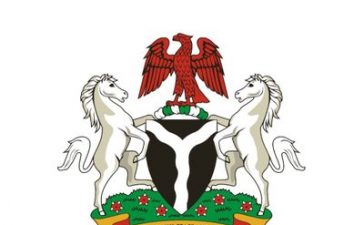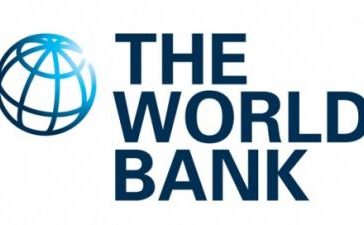The latest Money and Credit Statistics report published by the Central Bank of Nigeria (CBN) reveals a positive growth trend in the financial sector’s credit to the economy. Month-on-Month (MoM), credit to the economy increased by two percent, reaching N114.7 trillion in February 2024, up from N112.4 trillion in January 2024.
A detailed breakdown of the report highlights a notable surge in banks’ credit to the private sector, which rose by six percent MoM to N80.8 trillion in February, compared to N76.2 trillion in January. However, the report also indicates a concerning decline in credit to the government, dropping by 6.3 percent MoM to N33.9 trillion in February from N36.17 trillion in January.
Despite this decrease in credit to the government, recent data from the Debt Management Office (DMO) underscores the country’s growing debt profile. According to the DMO, Nigeria’s public debt stood at N97 trillion in the fourth quarter of 2023 (Q4’23), marking a significant 10 percent increase from N87.8 trillion in Q3’24. This upward trajectory in debt is primarily attributed to new domestic borrowing by the Federal Government, aimed at financing the deficit in the 2024 Appropriation Act, as well as disbursements from multilateral and bilateral lenders.
Analysts at Cowry Asset Management Limited have expressed concern over the ongoing fiscal challenges confronting state governments. They point to the juxtaposition of low revenue against increased expenditure and debt servicing obligations as primary factors exacerbating these challenges.
The concern raised by analysts underscores the precarious fiscal position of state governments, highlighting the urgent need for sustainable fiscal policies and effective revenue generation strategies. As the country navigates its economic landscape, balancing the imperative of infrastructure development and socio-economic stability with prudent debt management will be paramount for ensuring long-term financial resilience and growth.





